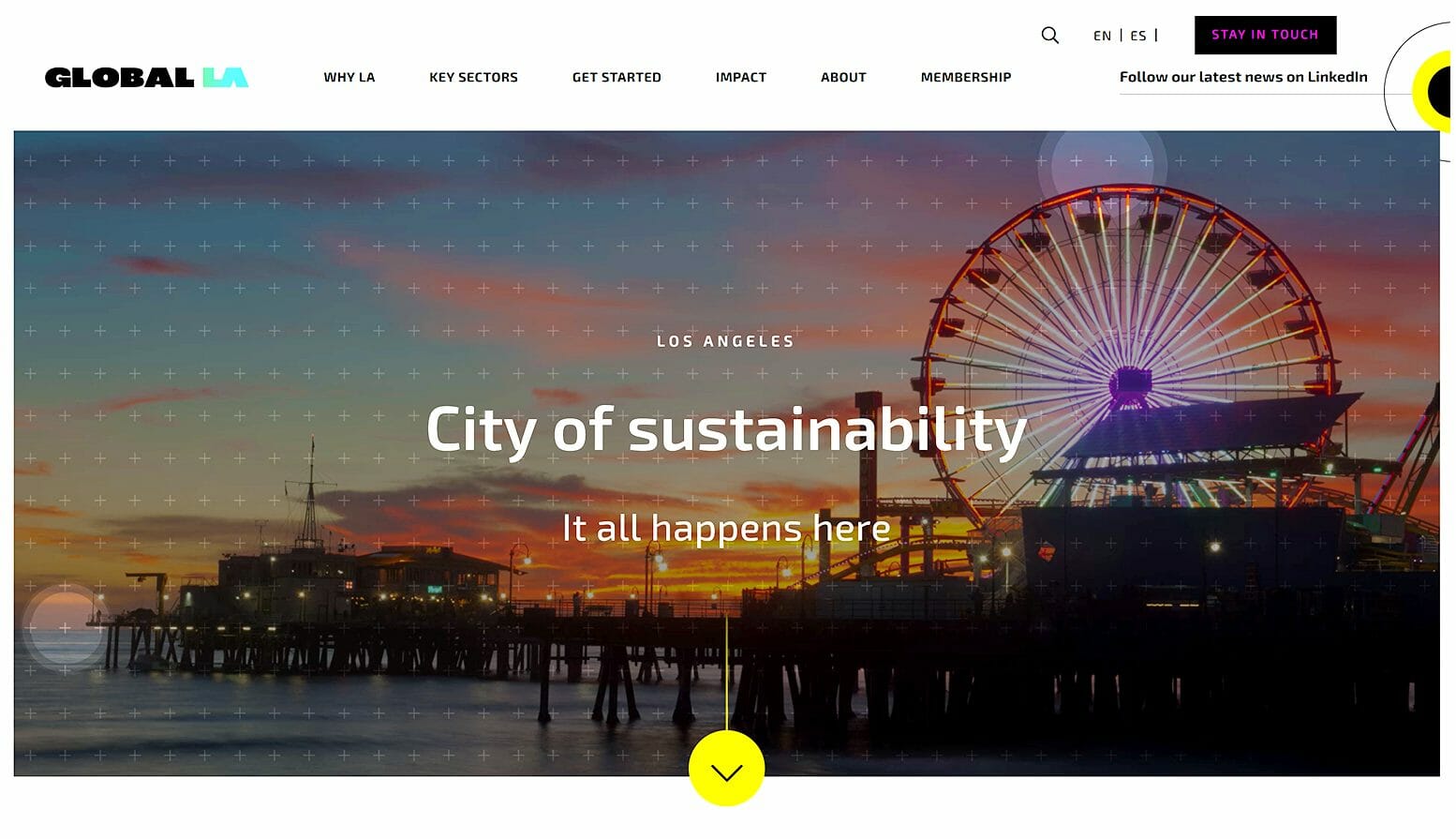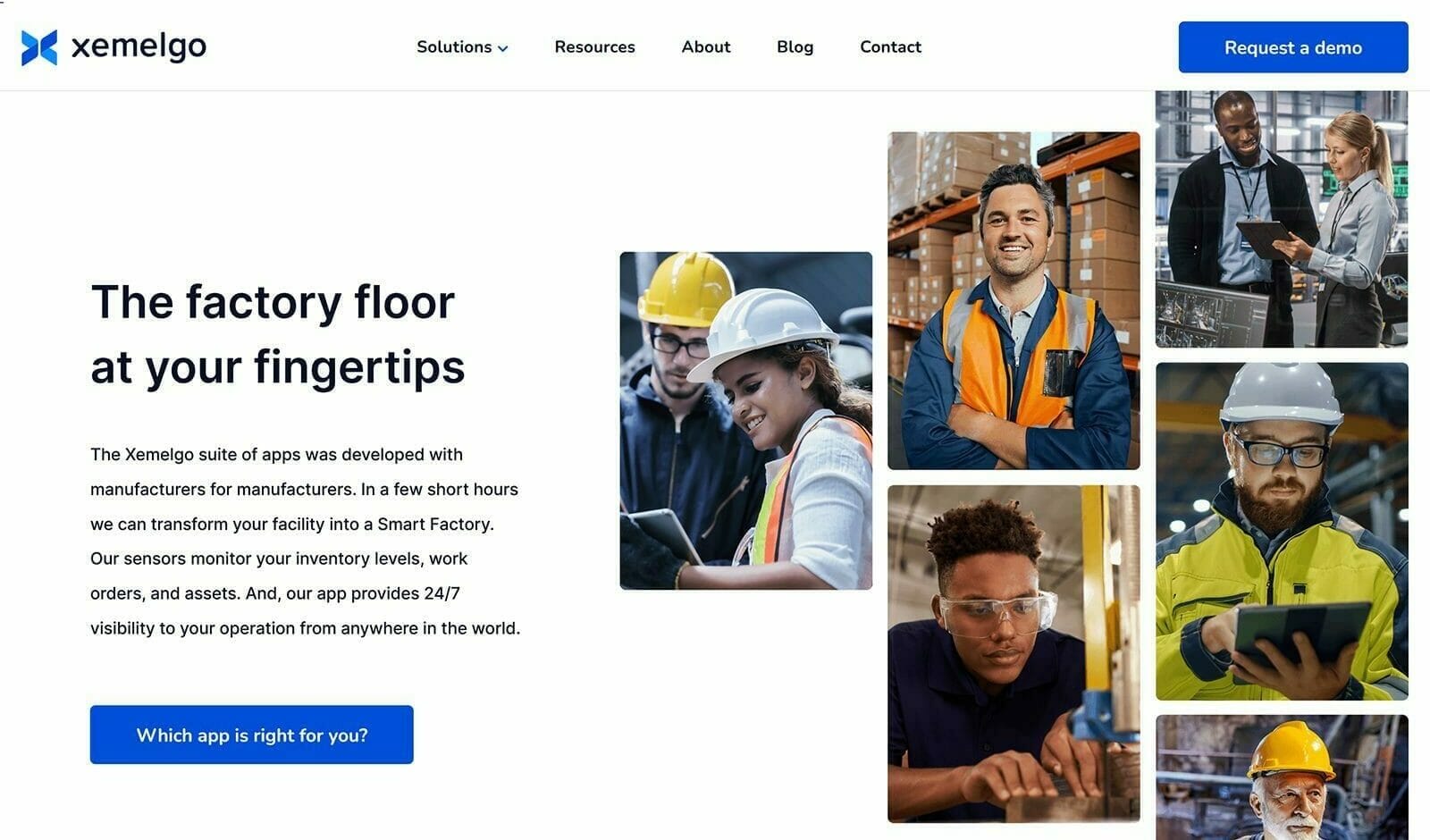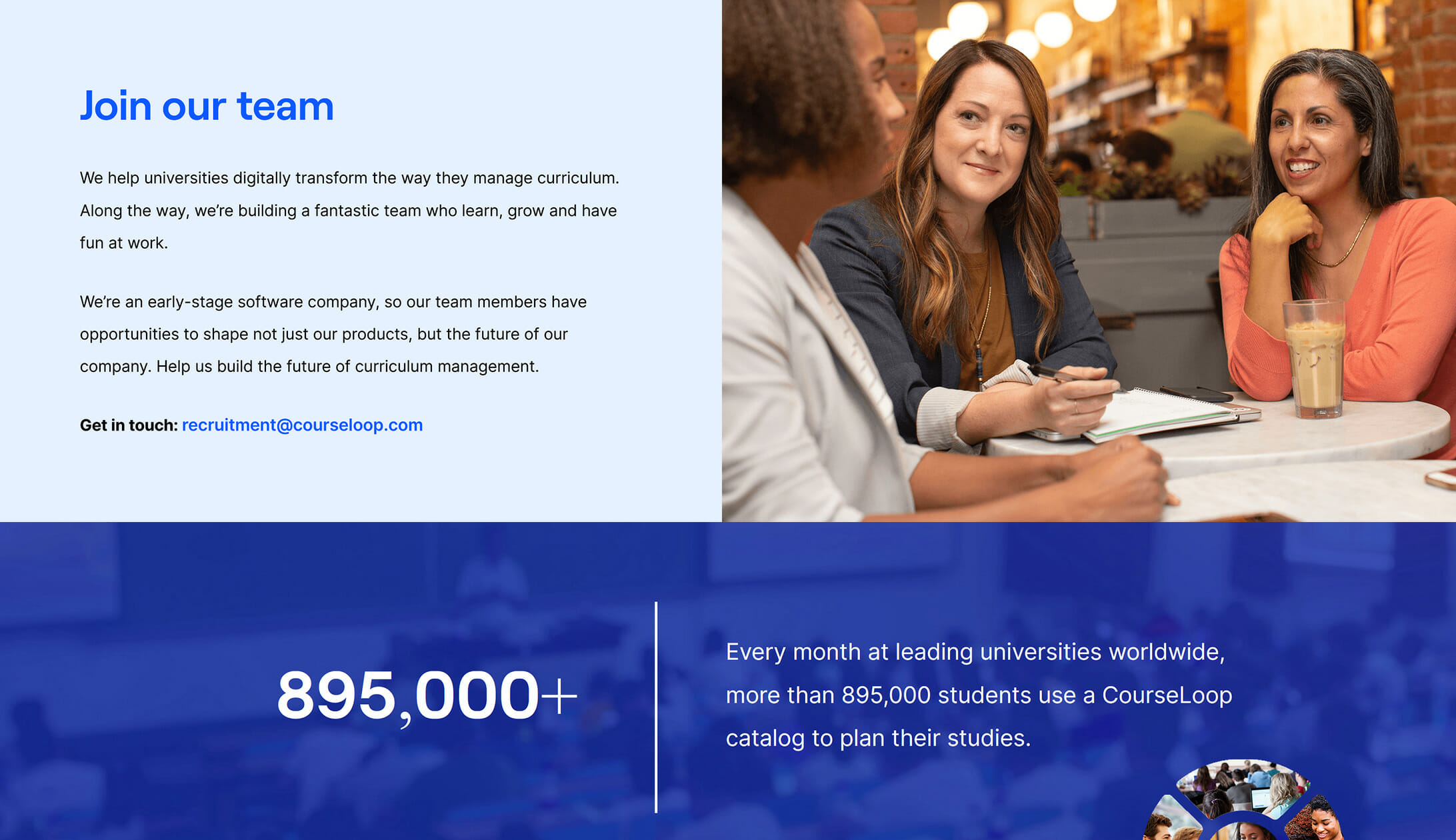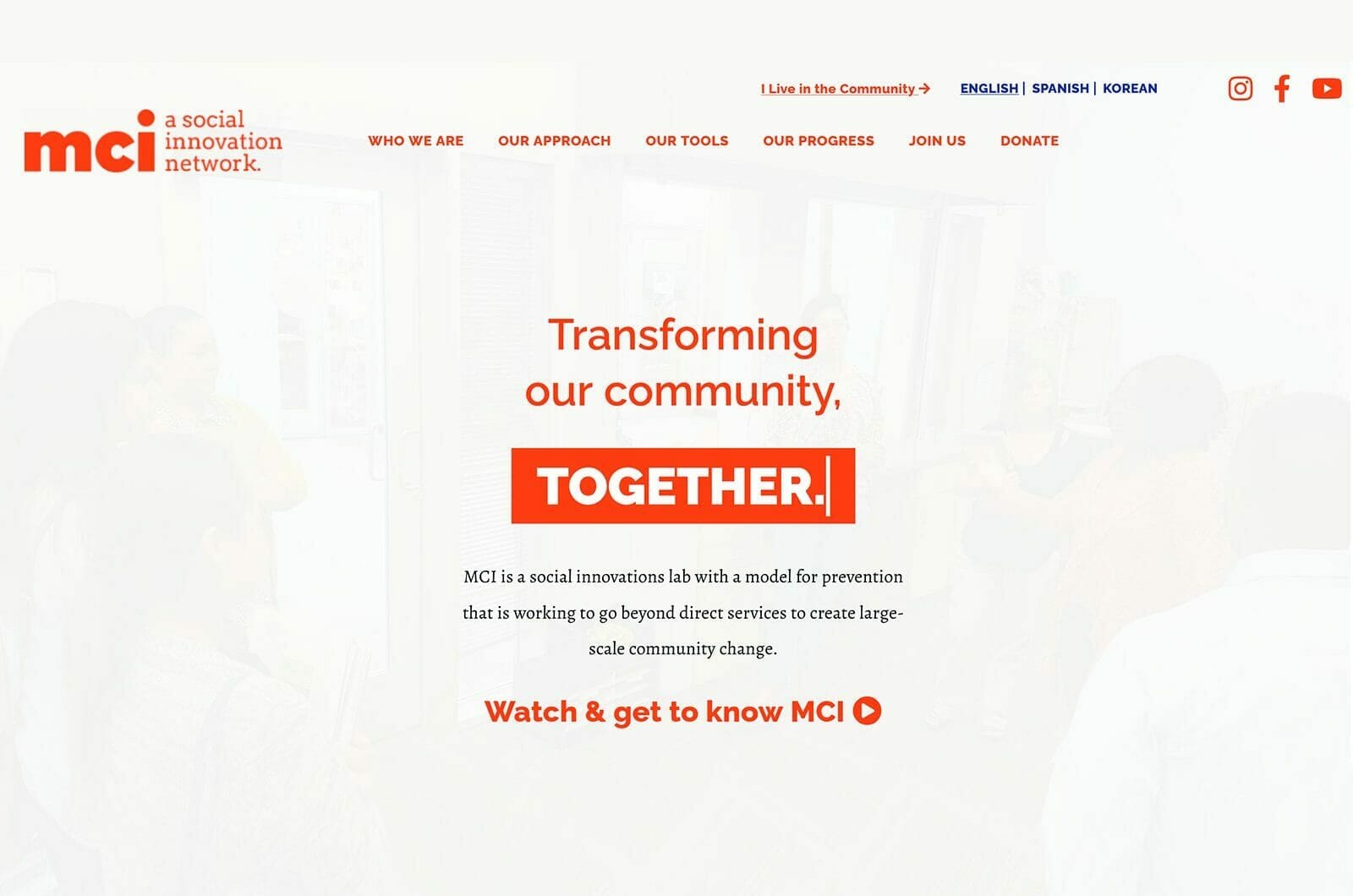29 Mar ‘20
Top 5 Big SEO Trends You Should Know in 2020
29 Mar ‘20
In: Search Engine Optimization (SEO), / By: Ripe Media
As search engine algorithms evolve, so must marketers. This dynamic landscape changes so quickly and so often that current SEO efforts from a year ago may now be entirely old-fashioned.
The latest addition to Google’s search algorithm is known as BERT. While most algorithm alterations tend to tweak conditional SEO situations, BERT will change everything for everyone. Google itself says it’s one of the most significant changes in 5 years.
SEO for growth will be a new ball game this year. You don’t want to get left behind. Here are five upcoming SEO trends in 2020.
1. Fewer Keywords, Better Content
Statements and long-tail search phrases often presented false positives. Sometimes users search for complex topics, putting the search algorithm to its limits. And until now, the search engine matched keywords with little regard to their context.
BERT remedies that. This form of language processing can now consider the context of long searches, especially as they relate to other compounds and prepositional phrases.
As a result, searches will now be more accurate, detecting the topic you’re after rather than articles with a smattering of related words.
And for that reason, keyword targeting will become less important. Marketers are now pushing the importance of user intent instead.
It’s about controlling topics with high-quality content no one else can compete with. Slamming keywords on the page just isn’t going to cut it any longer.
This trend will only continue as Google beefs up its language processing algorithm. It’s the best, most relevant content that will wind up at the top of the SERPs.
2. Enhancing Reputation
E-A-T is becoming more important across the board. This is short for expertise, authoritativeness, and trustworthiness. Basically, these three things determine if your website is credible enough to appear on the SERPs.
Not every webpage is affected by E-A-T — only those that Google considers YMYL pages, or Your Money, Your Life. These cover topics that can affect a person’s health, life, or finances. As a business trying to sell a product, you’re on the list.
How do you improve your E-A-T? Most businesses can benefit from resolving customer service issues on review conglomerates. But the author bylines are worth a mention.
In the fight against fake news, Google seeks to determine who has the experience and authority to discuss a topic and who doesn’t. While credentials and previous history plays a part, so too do offline experiences, such as attending conferences and events.
3. Mobile Matters
Marketers stressed mobile website optimization years ago. But now it’s no longer just a trend — it’s a necessity. Between 39% to 72% of all online searches are done on mobile devices.
As a new rule of thumb, you should create a mobile version of your website first. Many businesses make the mistake of stressing mobile optimization months after release. But by then, you’ve already missed your window for organic traffic.
Mobile analytics is a priority. Consumers use search engines differently on mobile devices compared to computers. You should shift your focus to mobile consumer intent and keywords for the best results.
4. Minimizing Zero-Click Searches
Years ago, users would only find metadata on the search engine results page. Since websites can control the text that appears on metadata, there is no fear of getting pivotal information right off the bat.
But new snippets now dapple the SERPs. Now when users search through Google, they may find the answers they seek on the results page, which means they’ll never access your website.
That’s not ideal. Luckily, you can adapt.
Audit keywords and prioritize those with an acceptable click-through rate. Some keywords may draw a significant amount of volume, but it means nothing if nobody clicks.
That said, some zero-click searches are worthwhile even if they don’t lead to conversion. This is especially true for local businesses trying to improve their SEO geo-targeting. An expansive FAQ page with directions, addresses, and minor conveniences can bring mobile traffic to your physical store without a web page visit.
5. Controlling the Knowledge Panel
By now, it’s common knowledge that any company should take control of their Google My Business account. Not only is it easy, but it contains authority and social signals that give your business an air of credibility.
Well, the knowledge panel is a similar beast. It even appears on the same sidebar. It’s here you can provide information about the founding of your company, its headquarters, online profiles, and related businesses.
Thanks to recent changes, you can control your own knowledge panel, editing the information, design, and more. The hard part is getting a spot on the knowledge panel in the first place. To do so, you’ll need to get Google’s attention.
For some companies, it’s as simple as getting on a wikidata site. In large industries, you’ll have to make an effort to build your brand and authority. Believe it or not, this is achievable even for small businesses.
You’ll know you made it when your business appears as an entity on the sidebar. The knowledge panel isn’t as concerned about links and keywords a traditional SEO practices, so pushing your strategy in this direction could provide distinct rewards.
Utilizing the Best SEO for Growth in 2020
The big SEO trends this year are groundbreaking changes. Businesses large and small will soon notice dramatically new SEO results. By staying ahead of the curve, you have a good chance of breaking through the competition and claiming that coveted first spot on the SERPs.
You want the best SEO for growth in 2020. Ready to surpass all the goals and expectations of your next project? Contact us and take advantage of groundbreaking new strategies.















